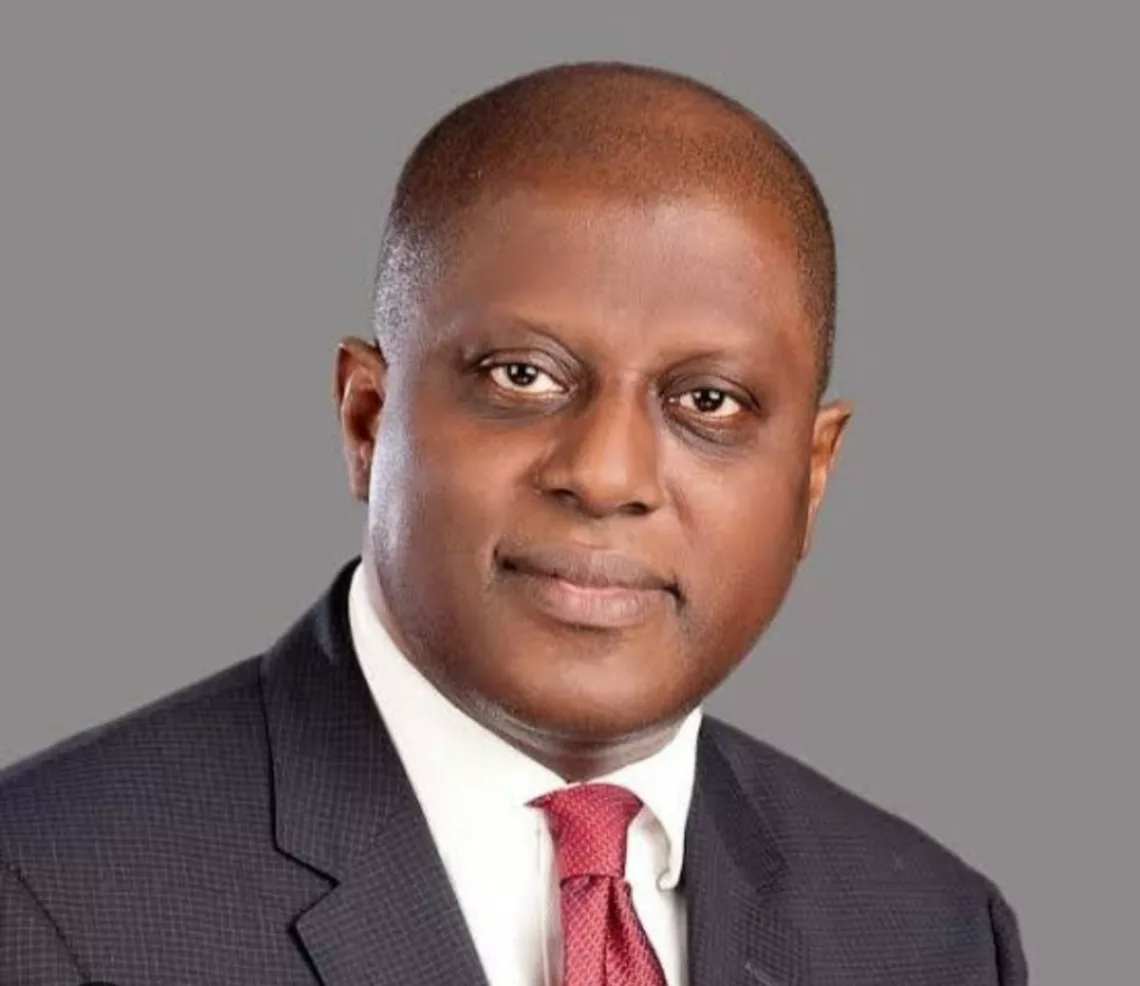Foreign portfolio investment (FPI) outflows surged by 237 per cent in the first quarter of 2024 compared to the same period in 2023, highlighting significant market reactions to recent reforms by the Central Bank of Nigeria (CBN). According to data from the Nigerian Exchange (NGX), foreign portfolio outflows more than tripled, with Q1 2024 seeing N119.81 billion in outflows, compared to N35.59 billion in Q1 2023.
Despite the outflows, total foreign portfolio inflows for Q1 2024 reached N93.37 billion, more than quintuple the N18.12 billion recorded in Q1 2023. However, the disparity between inflows and outflows remains pronounced, raising concerns about investor confidence and market stability.
In January 2024, foreign portfolio investments showed a significant gap between inflows and outflows, with outflows at N37.33 billion and inflows at N15.78 billion. This contrasts sharply with January 2023, which saw inflows of N9.84 billion and outflows of N15.06 billion, representing a 60.3 per cent increase in inflows and a 147.8 per cent increase in outflows year-over-year.
February 2024 recorded foreign inflows of N24.93 billion against outflows of N40.88 billion, a substantial increase compared to February 2023’s inflows of N3.68 billion and outflows of N15.94 billion. This indicates a 577.7 per cent increase in inflows and a 156.4 per cent increase in outflows year-over-year.
March 2024 saw the highest inflow within the quarter at N52.66 billion, with outflows at N41.60 billion. Compared to March 2023, which recorded inflows of N4.60 billion and outflows of N4.59 billion, there was a 1044.8 per cent increase in inflows and an 806.3 per cent increase in outflows.
Overall, Q1 2024 had a total net outflow of N26.44 billion, underscoring a trend where foreign investors are withdrawing more funds than they are investing in the Nigerian equity market. This trend may reflect uncertainties regarding the recent CBN reforms, perceived risks, or expectations of better returns elsewhere.
Yemi Cardoso, Governor of the Central Bank of Nigeria, described these movements as a normal free market scenario. “As indeed with any market, there is free entry and free exit. Whether it is a foreign exchange or the stock market, this is how it works,” he said at the 294th meeting of the Monetary Policy Committee (MPC). Cardoso noted that the CBN has been engaging with foreign investors to understand their needs and ensure market transparency. He emphasised that clearing the forex backlog was a priority to strengthen investor confidence in Nigeria.
Victor Onyema, Lead Portfolio Manager at Norrenberger Asset Management, noted that the CBN’s recent efforts to restore market confidence and enhance communication with investors are encouraging. This proactive approach is expected to generate renewed interest among Foreign Portfolio Investors (FPIs).
The significant rise in foreign portfolio outflows during Q1 2024 underscores investor responses to the ongoing economic and financial reforms by the CBN. While these reforms are reshaping market dynamics, the increase in outflows highlights the need for strategies to boost investor confidence and attract more stable foreign investments.





